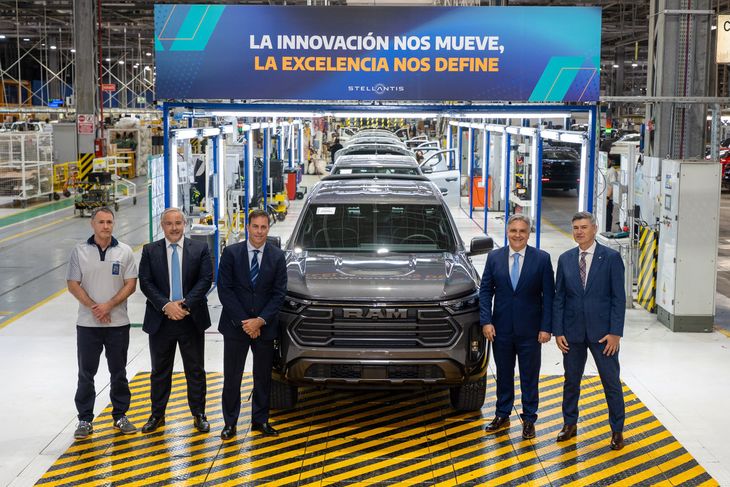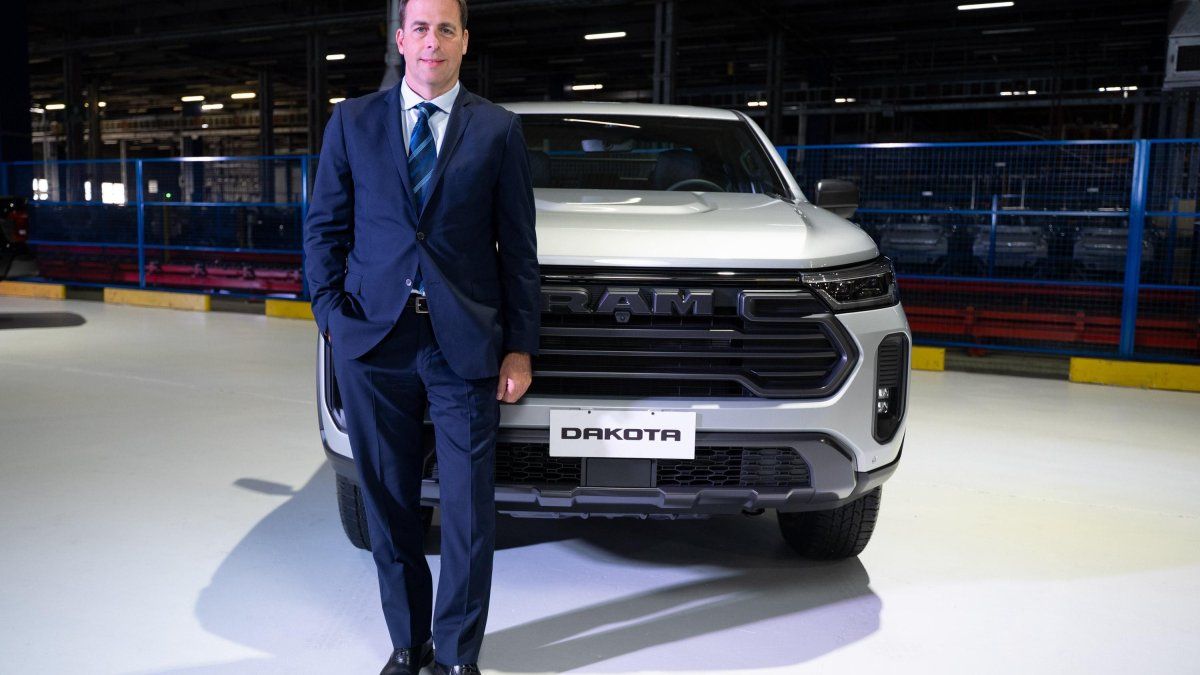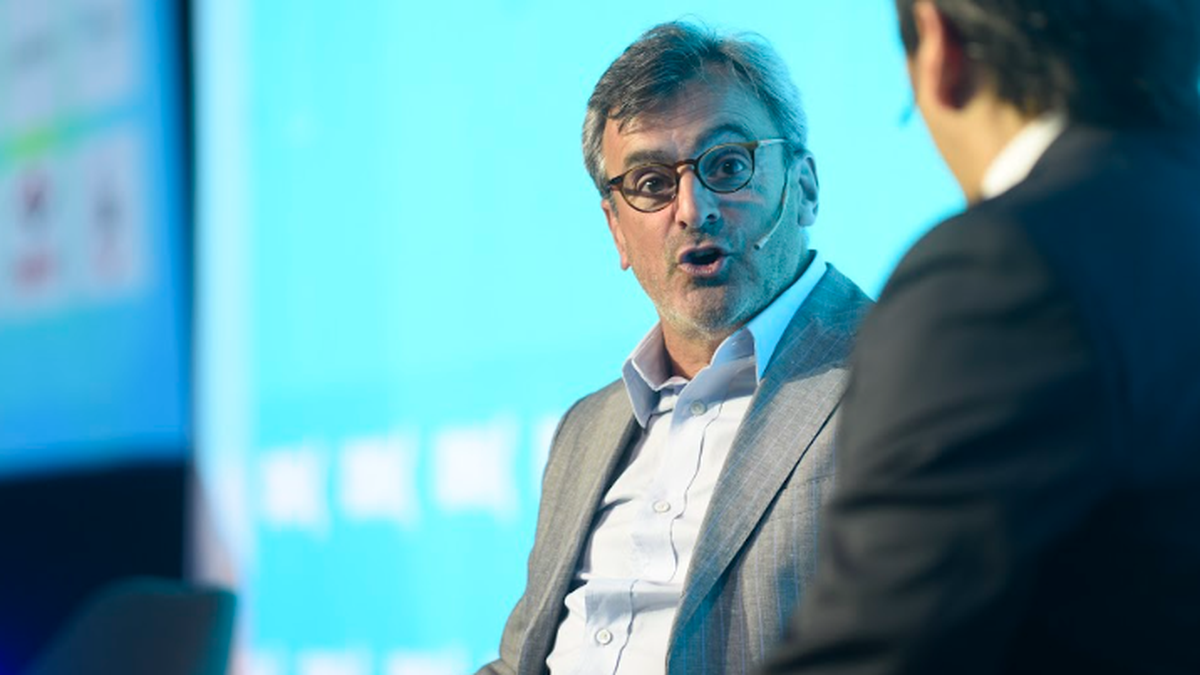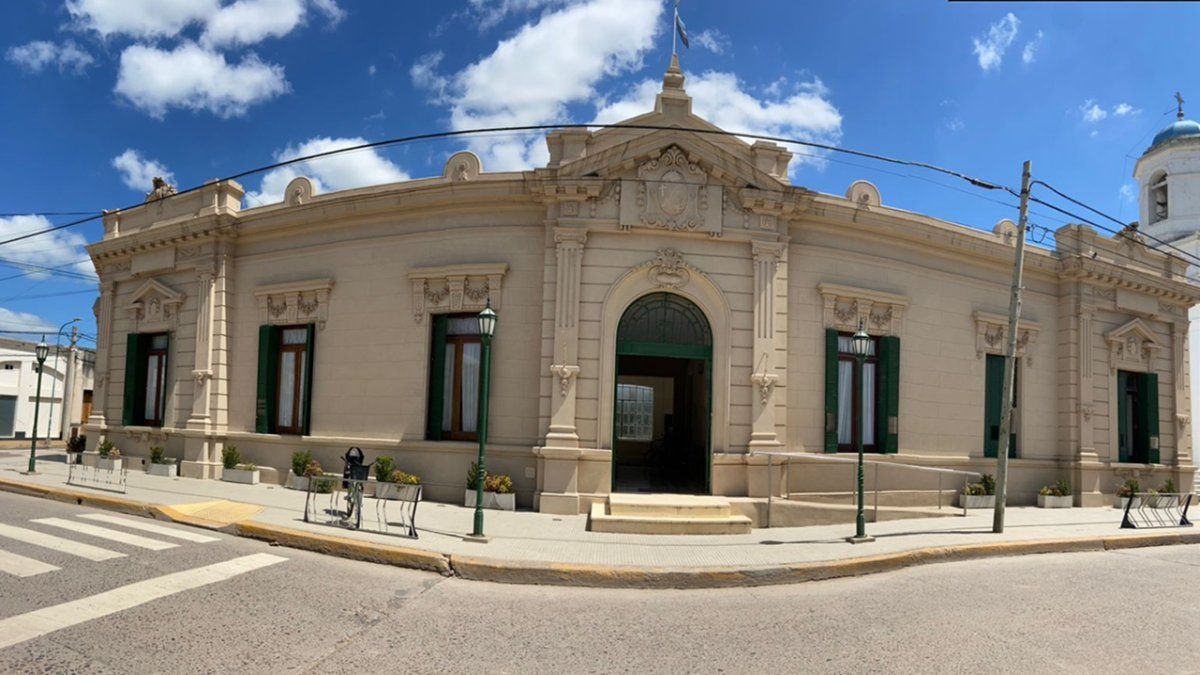The president of Stellantis Argentina and head of the Association of Automotive Factories (ADEFA), gave his opinion on the current situation in the automotive industry in the midst of the launch of the new RAM Dakota in Córdoba.
During the industrial launch of the RAM Dakota at the Córdoba Industrial Complex, Martín Zuppi, president of Stellantis Argentinashared the details of the production plan, the progress of national integration and his vision on the challenges facing the automotive industry in the country.
The content you want to access is exclusive to subscribers.
Within the framework of the projection of a strong increase in production volumes for next year, Zuppi highlighted the importance of continuing to advance in the integration of national components within the automotive industry. Furthermore, he highlighted the need for a lower tax burden to boost exports and equalize conditions with other countries. “Argentina exports 16% of taxes, Brazil exports 7%, Mexico exports 0%. Any tax reduction that we may have that brings us closer to 0% will allow us to be more competitive. Nobility obliges that last year we exported 24% taxes; and this does not mean that it is a good situation, because it is very far from Mexico and of Brazil”.


And he added: “I wouldn’t take it as a claim, I would take it as a joint effort. Anything that reduces tax pressure and makes Argentine products more competitive will encourage us to export more.. Any extra export serves the country for foreign exchange earnings, for work, for labor and for productive sustainability. He government of Córdoba He supports us a lot, he always looks for the solution, the return to try to reduce fiscally and make us more competitive. And that also allows us to make decisions like the ones we make now with these projects like Titano”.
Martín Zuppi, on the production of the new engine and local integration
Asked about the level of local integration, Zuppi remarked: “Today we have a percentage that is growing, we still have to develop what has to do with local integration. Surely with the engine produced in Córdoba (2026) we will be between 35% and 40% local integration. It’s constant work. To give you an idea, we have been productively launching Cronos since 2016 and we are constantly working to see if we can integrate new suppliers and new parts. So it is a work that started now but clearly has a way to go.”
Line tip – 01(1)

The Ferreyra plant, Córdoba, begins producing the new RAM Dakota.
Regarding the export horizon of the new truck, he was forceful: “We think that about 70% of RAM Dakota’s production will be for export. For that to happen, the means have to be provided for that to happen. Today we are more or less comfortable to be able to meet that 70%. If we can increase volumes later, much better.”
Finally, when asked about the exchange rate and the pending reforms, Zuppi pointed out: “The expectations we have are always positive, and that this will improve the productive performance of the country. Anything that allows or improves quality and competitiveness for export will be welcome. It is clear that in Argentina there are things that we can improve, and the mere fact of being able to work on it and understand that there are things to improve is important. The worst thing would be to think that there is nothing to improve.”
With a pragmatic vision, he added: “We do not begin to analyze whether the exchange rate is competitive or not. We do not waste energy in thinking about what the future would be like. Many times I have been asked what Argentina would be like if it had Norway’s economy. The reality is that the fact of being in Argentina, with the reality we have, is what we have to work on. Everything that has a solution is a problem; what does not have a solution is a reality. The exchange rate is not something we can identify. So what we do is adapt to the current situation of our country with everything that this implies.”
And he concluded: “Wasting time and energy thinking about whether it is competitive or not, what the best execution would be, is not something that takes up our time. What we have to do is focus our energy on being productive, competitive and efficient, so that with the standards we have today in Argentina we can work in the best way. If you look at the history of Argentina, it changes all the time. It is difficult to explain Argentina. But we adapt to the changes that occur at the moment, without thinking so much about what it is like, but rather adapting to what we have in hand today.”
Source: Ambito
I’m a recent graduate of the University of Missouri with a degree in journalism. I started working as a news reporter for 24 Hours World about two years ago, and I’ve been writing articles ever since. My main focus is automotive news, but I’ve also written about politics, lifestyle, and entertainment.




